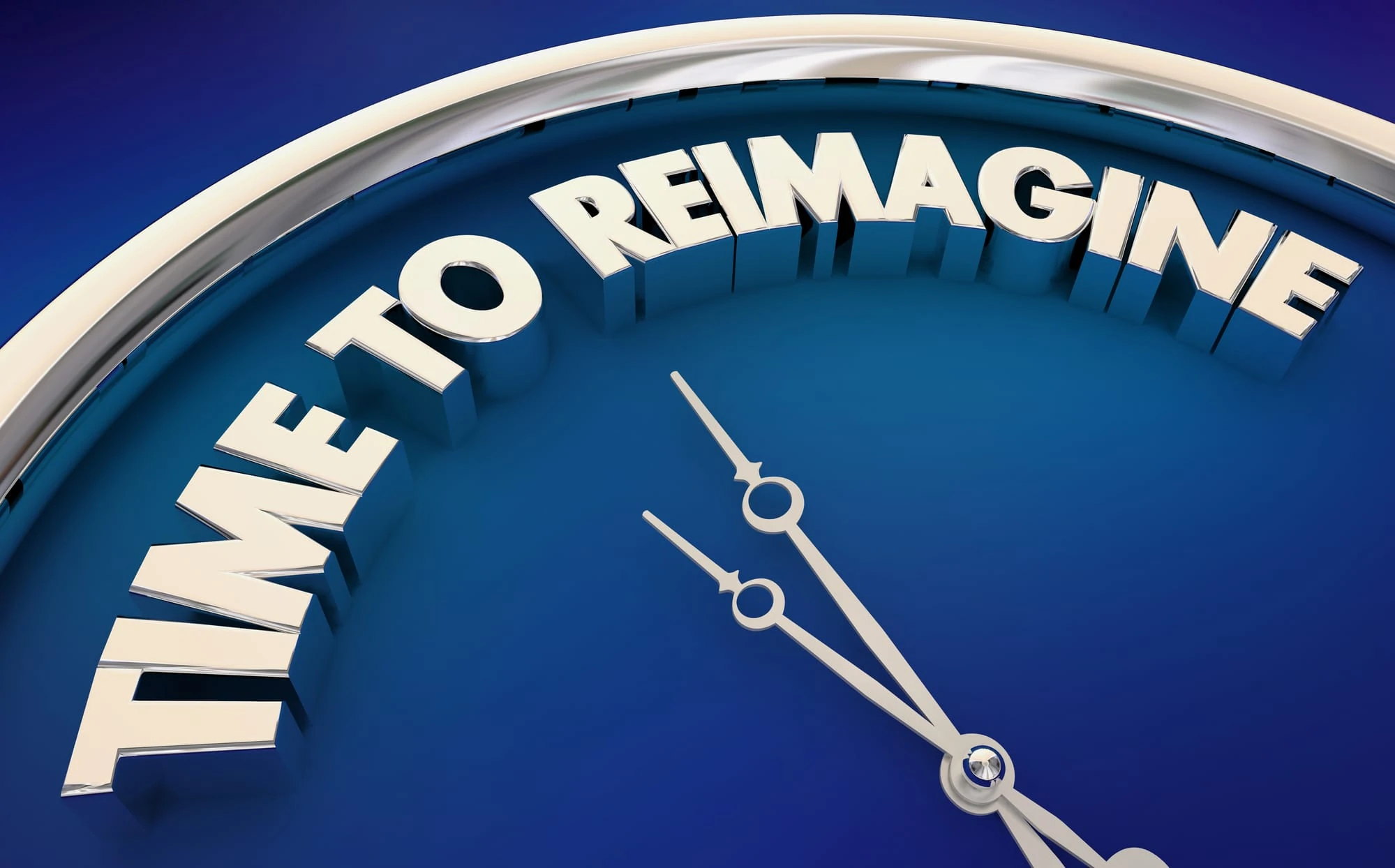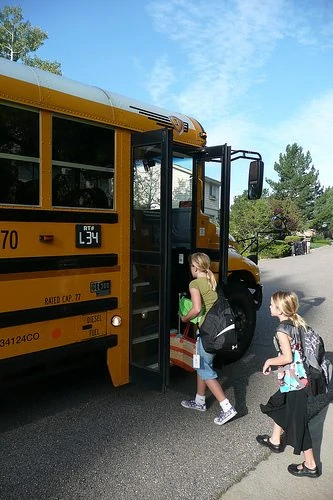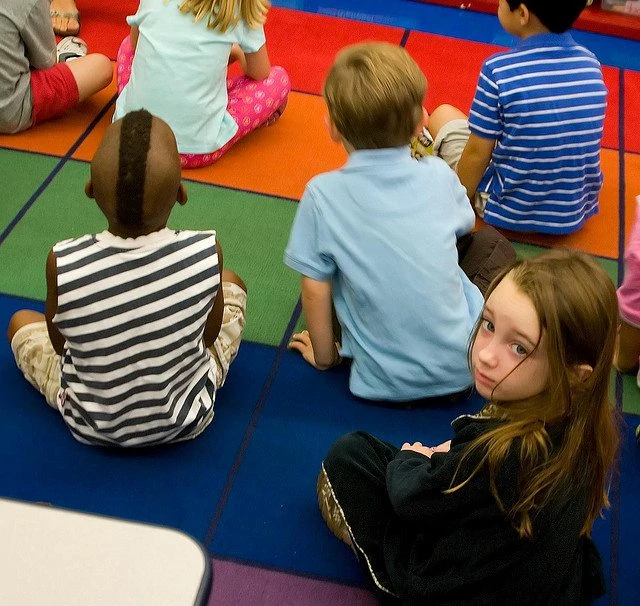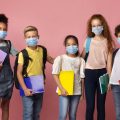The 6th grade students at the Outdoor School were looking at the results of water samples they had just taken when a great blue heron landed in a tree above our heads. All the children turned to gaze at it, their eyes huge with excitement. What is that? they wanted to know. What is it doing?

I feel that we’re in a similar situation with education right now – an enormous experience disrupting our original plans. Understandably, parents and caregivers are concerned about their children’s education, eager to know the benchmarks so they can do what they can to keep their kids from “falling behind.”
But I would like to suggest that we allow ourselves and the children in our lives to take a moment to be present with the educational moment that has landed in our laps – witnessing the great blue heron, not the water samples.
Embracing the Educational Moment
A friend of mine who teaches 2nd grade has seized this opportunity. She says to her students, “Do you know how amazing it is to be alive during this time? You are a part of history!”
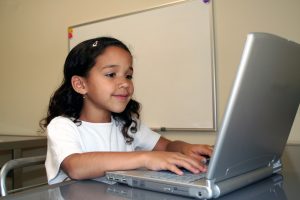
She is honoring their natural curiosity and wonder.
Have the children lost focus on the tasks that are benchmarked for their grade level? Absolutely. But they are wide awake and curious about the moment we are living right now.
gaetzpharmacy.com no prescription
What is an epidemic? How does it happen? Has it happened before? Where are my friends, and how can we work together to live and learn?
They are accompanying their parents to work and learning about business, teaching, counseling, and so many other things. They are cooking, doing laundry, learning to sew, playing guitar. We have seen our own granddaughter’s imagination come alive as she spends time now writing songs and making new recipes in the kitchen. Together, we have family reading nights.
The World Is Your Classroom
The other day, I saw Anna sitting on Jim’s knee while he was creating a spreadsheet. He showed her how it did the math for our business – the same math she does in school, the same math she used with her summer camp group when they created their own ice cream stand. They had to compute costs, pricing, and profits – as well as learn how to keep ice cold and how to sell the product.
Their reward, in addition to the $27 they earned, was a bunch of free ice cream. (Have to eat it before it melts, right?
buy medications online gaetzpharmacy.com/medications/ no prescription
)
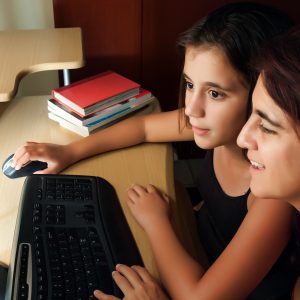
We are given the same opportunity now. Even though most of us work in far more abstracted work worlds than our parents and grandparents did, we can still share what we do now in “COVID World.” More, we can teach children the skills that matter most in a world in which industry and cultural disruption ensures a lifetime of more than a single career:
- Critical thinking and problem solving
- SEL, communication, and collaborative skills
- Creativity and imagination
- Global and environmental citizenship
- Cultural sensitivity and competence
- Cognitive flexibility and adaptability
- “Blue collar” skills like how to fix things, as jobs such as carpentry, plumbing, and the like will be hard to automate
Stand by Your School
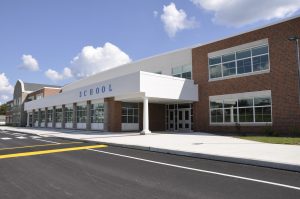
Jim and I are in this boat but have ultimately opted to remain with the local school class and put together a pod of three or four kids, overseen by a woman who will help keep the kids on track with their online curriculum. Why are we staying? There are a few reasons:
-
Disenrolling would pull money away from the local school, furthering their decline and worsening inequalities.
-
We believe it’s important for Anna to have the continuity of staying with her school, friends, and teachers she knows – something even more important than academics and critical for when in-person classes resume.
-
While online academies may have more experience with and be better at online delivery, more important is having a good pod leader. There are plenty of good online curricula out there, but that’s no replacement for a caring adult to guide them and share in their successes.
-
We are lucky to have a great local school, and we want to support them.
This more formal education will be balanced by time continuing to learn from us as we go about our daily home – and work-from-home – life in this new normal, as well as other opportunities we can create, depending on what each present moment brings.
We have to begin to re-imagine this time and create an educational experience that honors this moment, before this big bird flies away and the children lose interest because we forgot to pause and listen.

